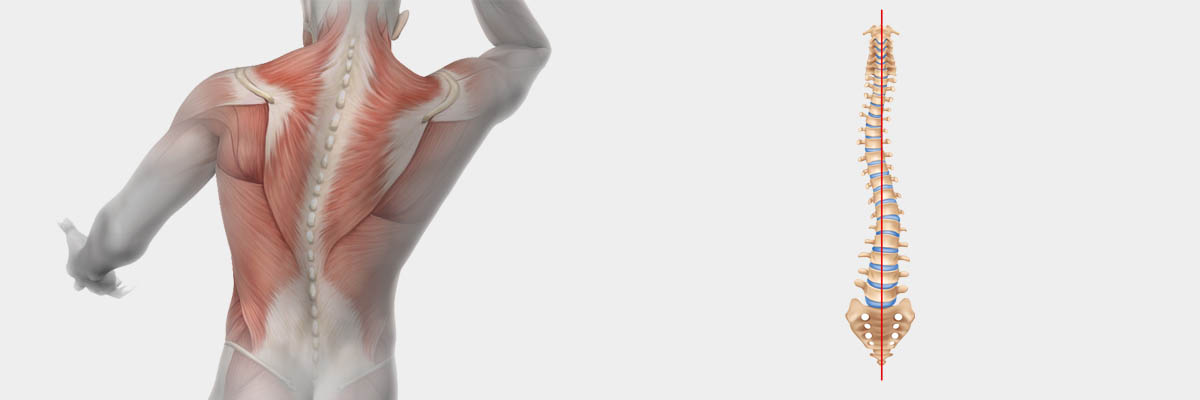Spine Surgeries & Back Care

Dr. Niranjan’s bone and joint clinic is your trusted destination for expert spine surgeries and comprehensive back care. We are proud to be experts in diagnosing and treating a wide range of spine conditions, dedicated to providing personalized care and helping you find relief from back pain and regain your mobility.
At our Orthopedic Clinic, your spine health and well-being are our top priorities. We combine advanced surgical techniques, evidence-based treatments, and a patient-centered approach to deliver exceptional care. Whether you require spine surgery or non-surgical interventions, our team of spine specialists is here to guide you towards a pain-free and active life.
Spine Surgeries
Our experienced team of orthopedic surgeons specializes in various spine surgeries aimed at addressing conditions affecting the spine. These surgeries may include:
Spinal Fusion
This procedure involves joining two or more vertebrae to stabilize the spine, typically using bone grafts or implants.
Microdiscectomy
A minimally invasive procedure used to remove a portion of a herniated or damaged disc that is compressing nerves in the spine.
Decompression Surgery
These surgeries aim to relieve pressure on the spinal cord or nerves by removing portions of bone, ligaments, or discs causing compression.
Artificial Disc Replacement
In select cases, a damaged or degenerated disc may be replaced with an artificial disc, preserving motion in the spine.
We understand that surgery may not be the first line of treatment for all back conditions. Our clinic offers a range of non-surgical treatments to manage and alleviate back pain, including physical therapy, pain management techniques, medication, spinal injections, and rehabilitation programs. Our dedicated team will work closely with you to create an individualized treatment plan tailored to your specific needs.
Our commitment to your well-being extends beyond surgical interventions. We provide comprehensive back care and rehabilitation services to optimize your recovery and long-term spine health. Our expert physical therapists will guide you through targeted exercises, stretches, and techniques to strengthen the muscles supporting your spine, improve flexibility, and enhance overall posture.
